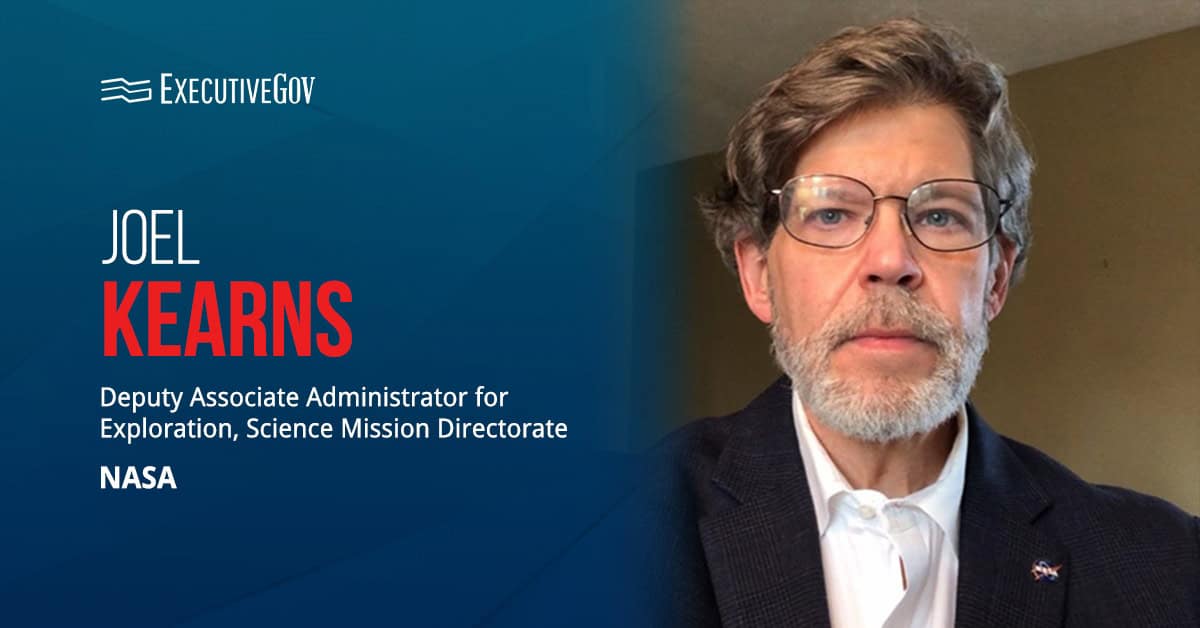A study by the Center for Strategic and International Studies underlined the need for advanced sensor architecture in countering missile threats and bolstering hypersonic missile defense.
The report released Monday is supported by companies including General Atomics, L3Harris, Leidos and Lockheed Martin.
The researchers noted that certain trade-offs in terms of sensors and Earth’s orbit are necessary, and outlined a schedule for building and deploying hypersonic missile sensors into space.
They also concluded that while the Department of Defense already conducting programs and technologies to implement sensor architecture, its components will still need to be aligned using a governing acquisition and systems engineering body.
Policymakers should be conscientious of the lifecycle of sensor architecture, taking into account its deployment phasing and projected time of degradation, CSIS said.





